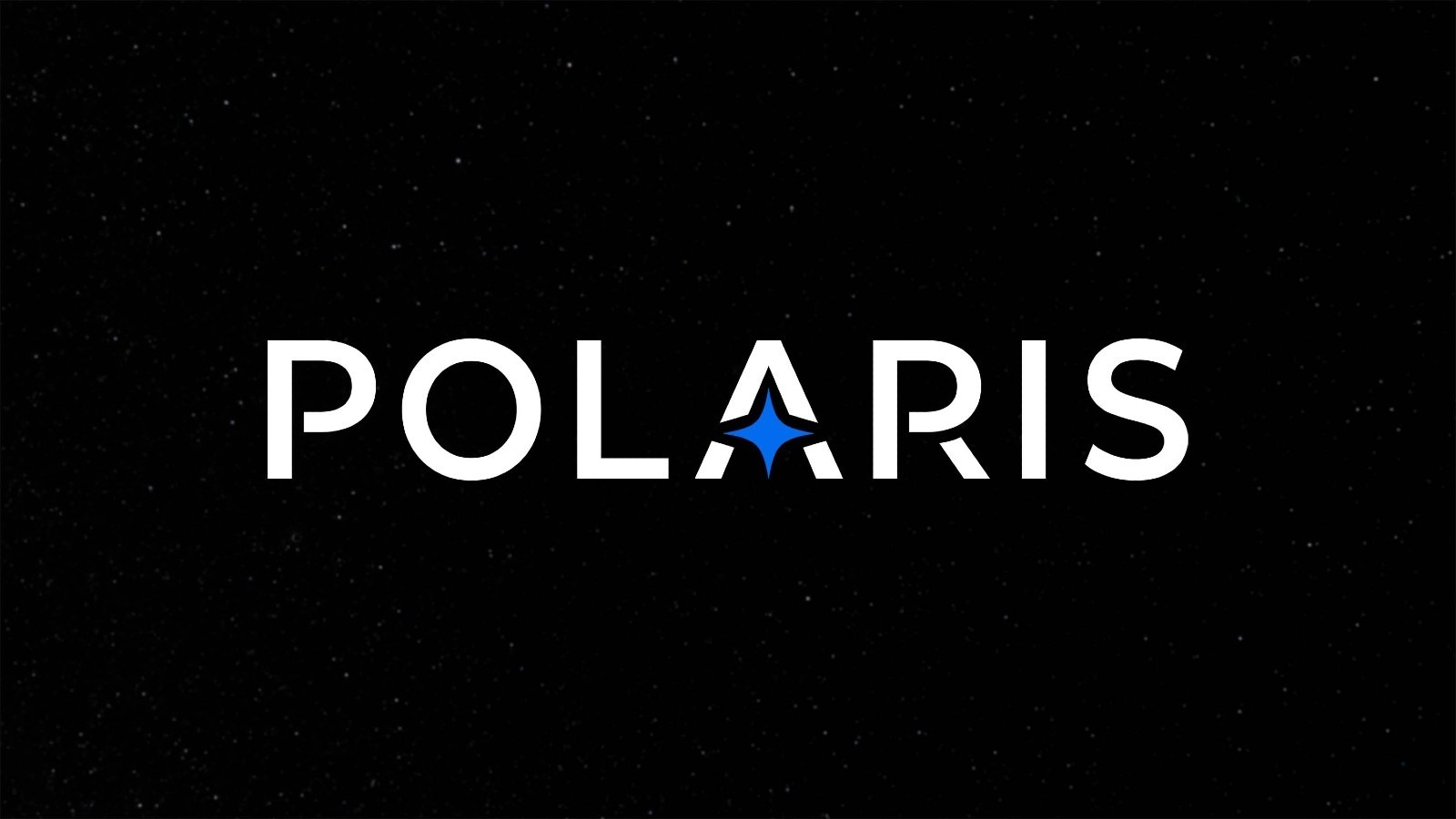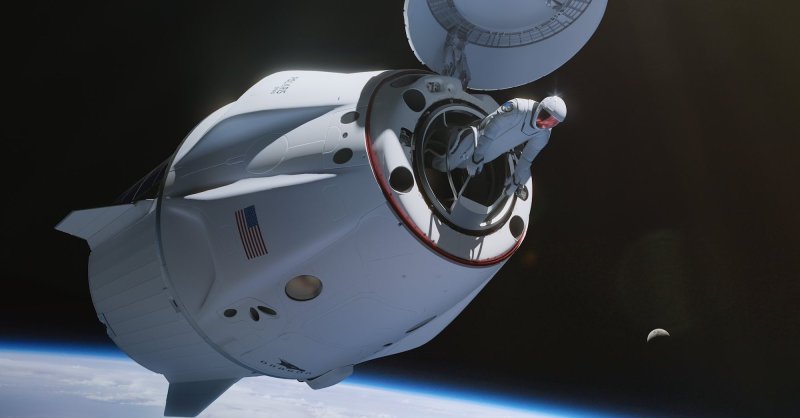SpaceX is set to launch its Polaris Dawn mission on July 31, marking the company’s next commercial flight to space. The mission will see four nonprofessional astronauts fly aboard a SpaceX Crew Dragon spacecraft to an orbit some 435 miles above Earth, a great deal higher than the International Space Station. The crew will also participate in the first-ever commercial spacewalk using new, specially designed spacesuits while conducting research to better understand the effects of spaceflight and space radiation on human health.
What’s Happening & Why This Matters
During the five-day mission, four nonprofessional astronauts will fly aboard a SpaceX Crew Dragon spacecraft to an orbit some 435 miles above Earth. This is higher than the International Space Station and any Crew Dragon has flown to date. The two Polaris Dawn crew members are expected to participate in the first-ever commercial spacewalk using new, specially designed spacesuits. The mission will also conduct research to better understand the effects of spaceflight and space radiation on human health and be the first crew to test Starlink laser-based communications in space.
The Crew & Launch Plans
The Polaris Dawn mission is being funded and led by billionaire businessman Jared Isaacman, the CEO of Shift4. Joining Isaacman on the mission will be Scott Poteet, a retired U.S. Air Force Lieutenant Colonel; Sarah Gillis, a lead space operations engineer at SpaceX; and Anna Menon, a lead space operations engineer at SpaceX. The mission aims to conduct research with the goal of better understanding the effects of spaceflight and space radiation on human health and be the first crew to test Starlink laser-based communications in space.

Polaris Dawn could launch as early as the end of this month and will use SpaceX’s Falcon 9 rocket to lift the Crew Dragon to orbit following a launch from the Kennedy Space Center in Florida. The target launch date is July 31, but there is a possibility that the date could change, causing a delay for the mission.
TF Summary: What’s Next
The Polaris Dawn mission is a major achievement for SpaceX and the space industry as a whole. If successful, the mission will offer valuable insights into the effects of spaceflight and space radiation on human health, as well as the development of future space communications systems. The July 31 date presents an exciting prospect, but any potential delays will be monitored and communicated to the public. Stay tuned for updates on this significant mission.



